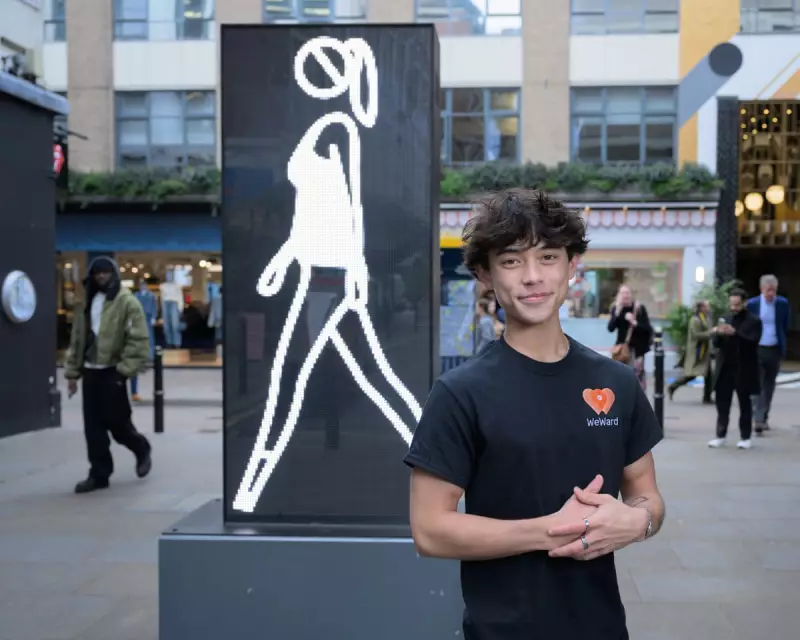
A spirited debate has erupted in the letters page of The Guardian, centring on the unwritten rules of British social etiquette and the fear that friendly pavement encounters are under threat.
The End of the Friendly Pavement Dance?
The discussion was ignited by a letter from Bob Caldwell of Badby, Northamptonshire. He lamented the rise of what he terms "pavement vigilantes" who are intent on enforcing a strict code of pedestrian conduct. Caldwell describes one of life's simple, good-natured pleasures: the fleeting moment of eye contact and mutual grinning when two people approach each other on the pavement, both stepping aside in the same direction, followed by a smiling and jocular apology. He fears these self-appointed enforcers are creating a dystopian, Orwellian urban environment, marching the population towards a future of grim conformism.
A History of Civic-Minded Letter Writing
This modern concern was juxtaposed with a blast from the past. Margaret Martlew from Sheffield wondered if she had broken a record for smug letter writing, recalling her first submission to the newspaper around 1950. Written with her school friend Maureen Statham, the letter proposed the need for a bin to stop people discarding used bus tickets on bus platforms, showcasing a long tradition of readers engaging with public etiquette.
Defining 'Cool' and The Perils of Unusual Names
Other correspondents shared their own witty observations on modern life. Maggie D'Araujo from Lytham St Annes recalled a remark by comedian Alexei Sayle, who, upon seeing a sardine tin label instructing him to "Keep in a cool place", took it to the legendary Ronnie Scott's jazz club.
Further highlighting the complexities of daily communication, Tim Davies of Batheaston, Somerset, shared an anecdote about his son, Marc. When placing a coffee order, Marc clarified his name was "Marc with a C" to avoid confusion. The resulting cup, however, read "Cark", proving that even explicit instructions don't always guarantee clarity.
The collective correspondence paints a picture of a nation deeply engaged with the subtle nuances of social interaction, from the streets of London to the local coffee shop, fiercely protective of the friendly, unscripted moments that define public life.





